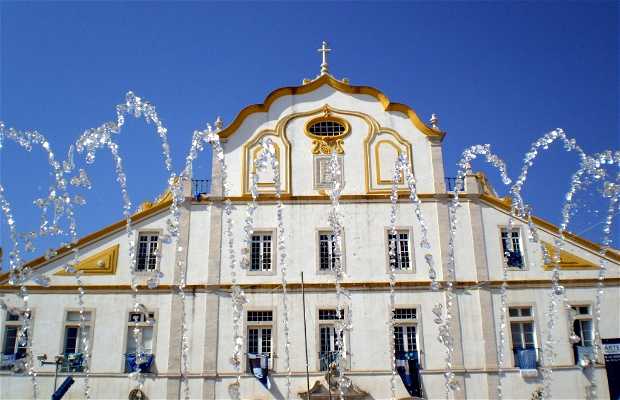Gorgonita
Complete Rebuilding
The church of the former Jesuit College, together with the Mother Church, is one of the most important religious buildings of Portimao. It is situated in the central Alameda Square of the Republic, and was built by Diogo Gonçalves. Inside the temple, in the area of the Gospel there is a marble tomb where he is buried. The architect Joao Nunes Tinoco was in charge of this project. The construction of this building dates back to the seventeenth century, but underwent a complete rebuilding after the devastating 1755 earthquake in Lisbon. The facade of the Jesuit College has three parts, the piece which corresponds with the church is the highest, bounded by a pediment of curved lines.
Read more



+17



